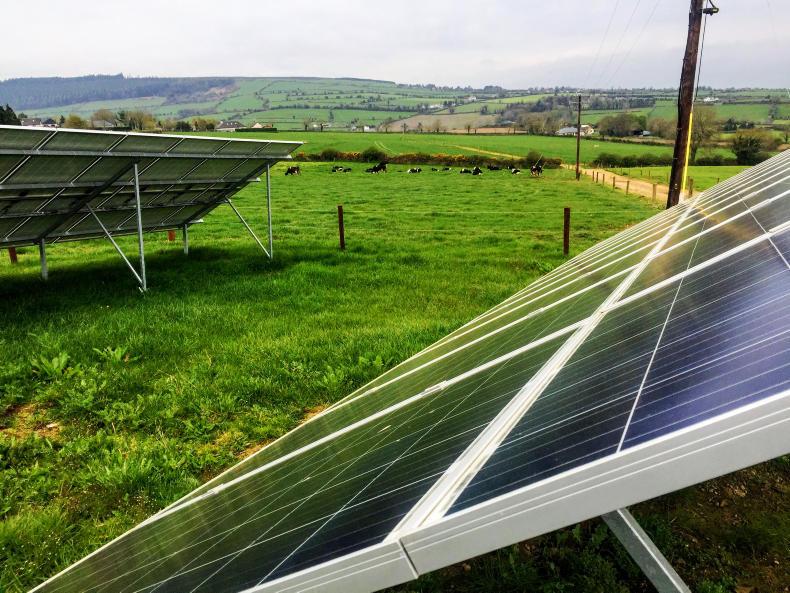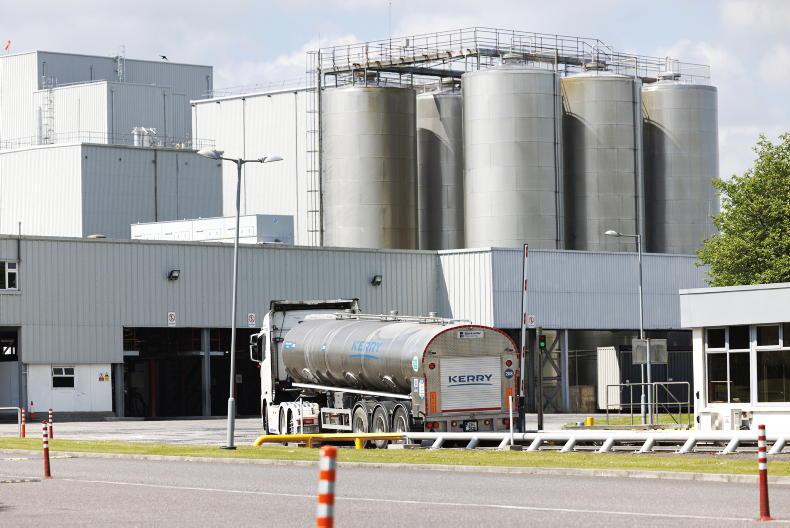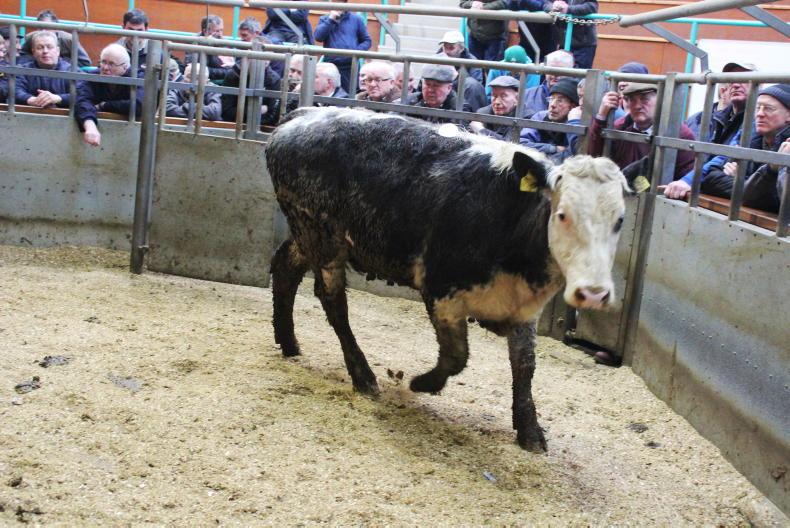Ireland's Renewable Electricity Support Scheme (RESS) has been approved by the EU to support electricity production from renewable sources, including solar photovoltaic and wind.
The RESS is expected to be vital in allowing Ireland to reach its national target of a 70% share of renewables in its electricity mix by 2030.
The scheme, with an estimated total budget of between €7.2bn and €12.5bn, will run until 2025.
During this time, aid for the production of electricity from renewable sources granted under the RESS will be allocated through auctions. Click here for more details on the scheme.
Fifteen year support
Successful applicants of the RESS will receive support over 15 years in the form of a premium on top of the market price for electricity. The auctions through which the aid is granted will set a ‘strike price'.
When the market price is below this ‘strike price', beneficiaries will be entitled to receive payments equal to the difference between the two prices.
However, when the market price is above the ‘strike price‘, beneficiaries will have to make payments equal to the difference between the two prices.
These payments will be returned to Irish consumers in the form of reduced electricity bills.
Low carbon and environmentally sustainable economy
Commenting on the scheme, the EU's executive vice-president for competition policy Margrethe Vestager said: “The Renewable Electricity Support Scheme will contribute to Ireland's transition to a low carbon and environmentally sustainable economy, in line with the European Green Deal and our State aid rules.
Approval
The Commission found that the aid is necessary and has an incentive effect, as electricity prices do not fully cover the costs of generating electricity from renewable energy sources.
The aid is also proportionate and limited to the minimum necessary, as the amount of aid will be set through competitive auctions, the Commission said.
Therefore, the Commission concluded that the Irish RESS is in line with EU State aid rules. The scheme was found to promote the generation of electricity from renewable sources, in line with the European Green Deal, without unduly distorting competition.











SHARING OPTIONS